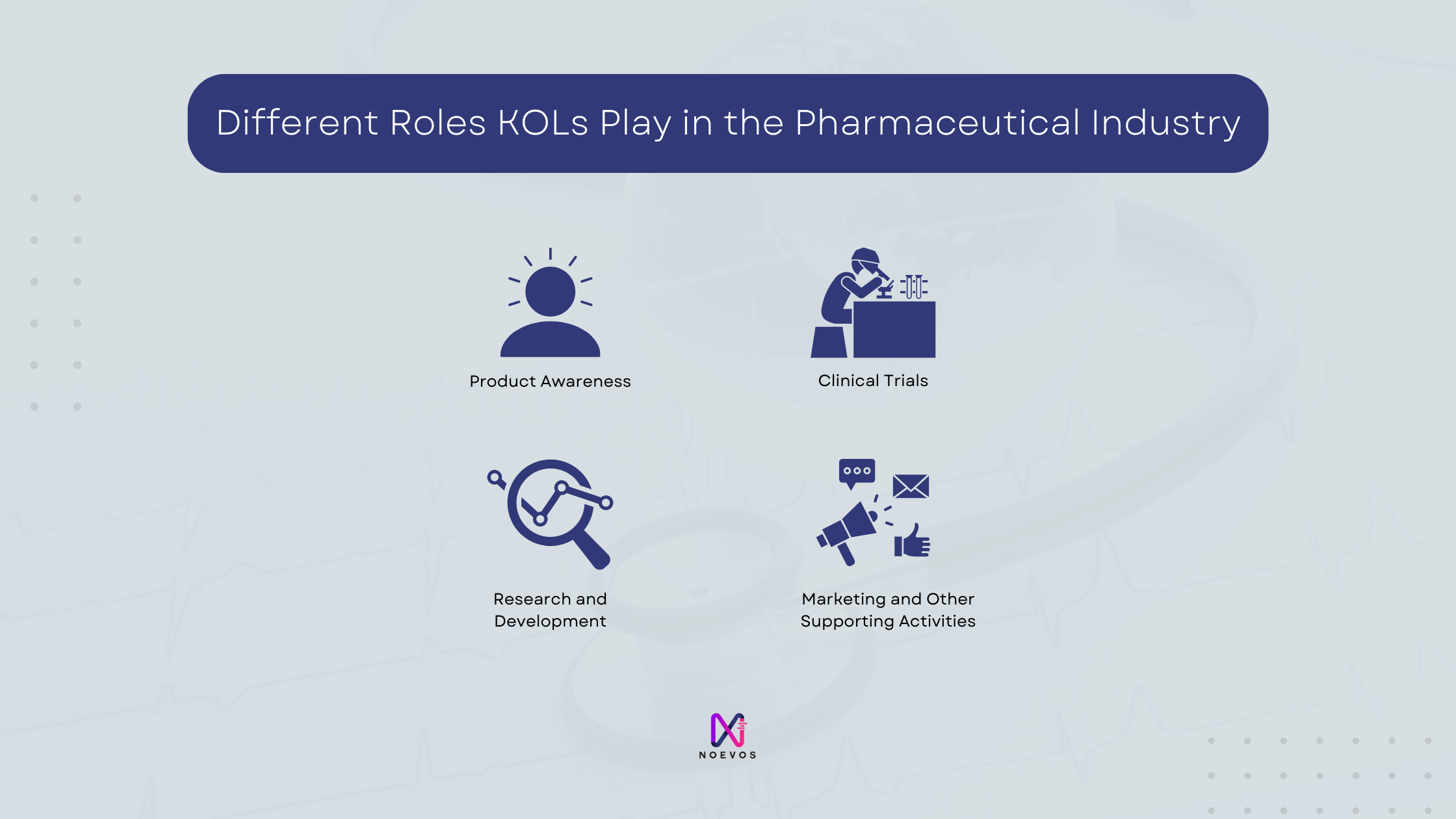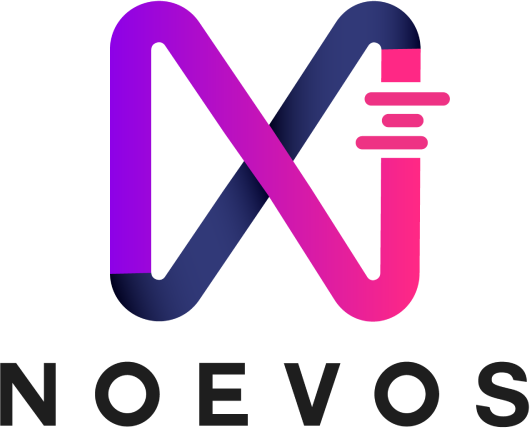
Key Opinion Leaders (KOLs) or thought leaders play a vital role in the healthcare and life sciences space, especially in the pharmaceutical industry. KOLs possess deep knowledge and understanding of their field, unlike social media influencers who lack in-depth knowledge. KOLs come from different categories such as healthcare payers, healthcare commissioners, health economists, healthcare providers, patient groups, etc. In this blog, we will discuss the potential of different categories of KOLs and the various roles they play in the pharmaceutical industry.
WHO CAN BE CONSIDERED A KOL IN PHARMACEUTICAL INDUSTRY?
KOLs in healthcare can be from various categories such as healthcare payers, healthcare commissioners, health economists, healthcare providers, patient groups, etc. Healthcare payers are those who handle money transactions for healthcare services obtained. Healthcare commissioners assess the current state of the industry, identify requirements, regularise the healthcare sector, and handle purchases to enhance the quality of the healthcare services provided. Health economists study the economics in the healthcare sector. Healthcare providers provide healthcare services such as diagnosis, treatment, and aftercare. Patient groups represent patients with a specific disease or collection of diseases or conditions.
DIFFERENT ROLES KOLs PLAY IN THE PHARMACEUTICAL INDUSTRY

KOLs play different roles at various stages of a product lifecycle in the pharmaceutical industry:
Research and Development: Research and development in the pharmaceutical industry involves pre-clinical research, discovery of innovative drugs, clinical testing of prescription drugs in trials, and preparation and submission of applications for FDA approval. Healthcare providers who are KOLs can assist pharmaceutical companies with their valuable knowledge of the subject during these processes to ensure a quality product is produced.
Clinical Trials: Clinical trials are research studies performed in people that are aimed at evaluating a medical, surgical, or behavioural intervention. Healthcare providers play a pivotal role during clinical trials in identifying the pros and cons of a pharmaceutical product.
Product Awareness: Healthcare payers, healthcare commissioners, health economists, and healthcare providers can help pharmaceutical companies by promoting their products to their peers and others. Gaining trust in the market becomes easier for the pharmaceutical brand due to their reliability.
Marketing and Other Supporting Activities: KOLs promoting a pharmaceutical brand using positive campaigns will cause sales to rise for the brand because of the credibility that comes from the KOL’s credentials. Hence, it is crucial to collaborate with KOLs for marketing purposes so that revenue and profit is generated for the company.
THE IMPACT OF KOL COLLABORATION ON PHARMACEUTICAl BUSINESSES
A pharmaceutical business that collaborates with KOLs can turn the current in its favour, aiding the business to achieve positive growth. KOL collaboration will increase the company’s credibility by a great extent in the market, thereby creating a positive brand image and gaining the trust of the target audience. Collaborating and engaging with the right KOLs will provide the boost required for a pharmaceutical business to grow in a positive manner.
CONCLUSION
KOLs are an asset to the pharmaceutical industry as they provide valuable insights and knowledge. They play different roles at various stages of a product lifecycle such as research and development, clinical trials, product awareness, and marketing and other supporting activities. KOL collaboration can have a significant impact on pharmaceutical businesses, increasing credibility in the market, creating a positive brand image, and generating revenue and profit. Hence, it is crucial to collaborate and engage with the right KOLs to achieve positive growth in the pharmaceutical industry.

